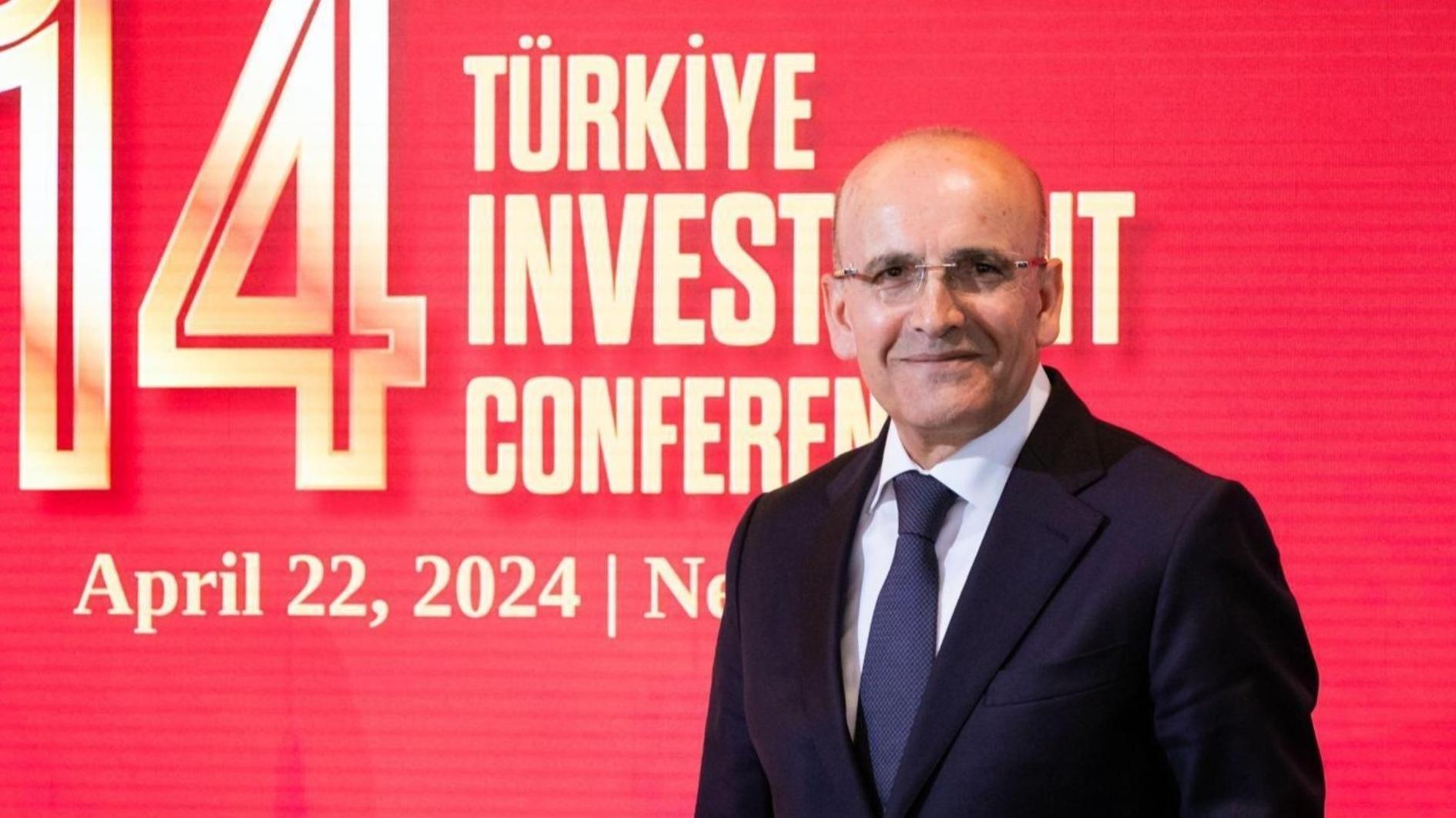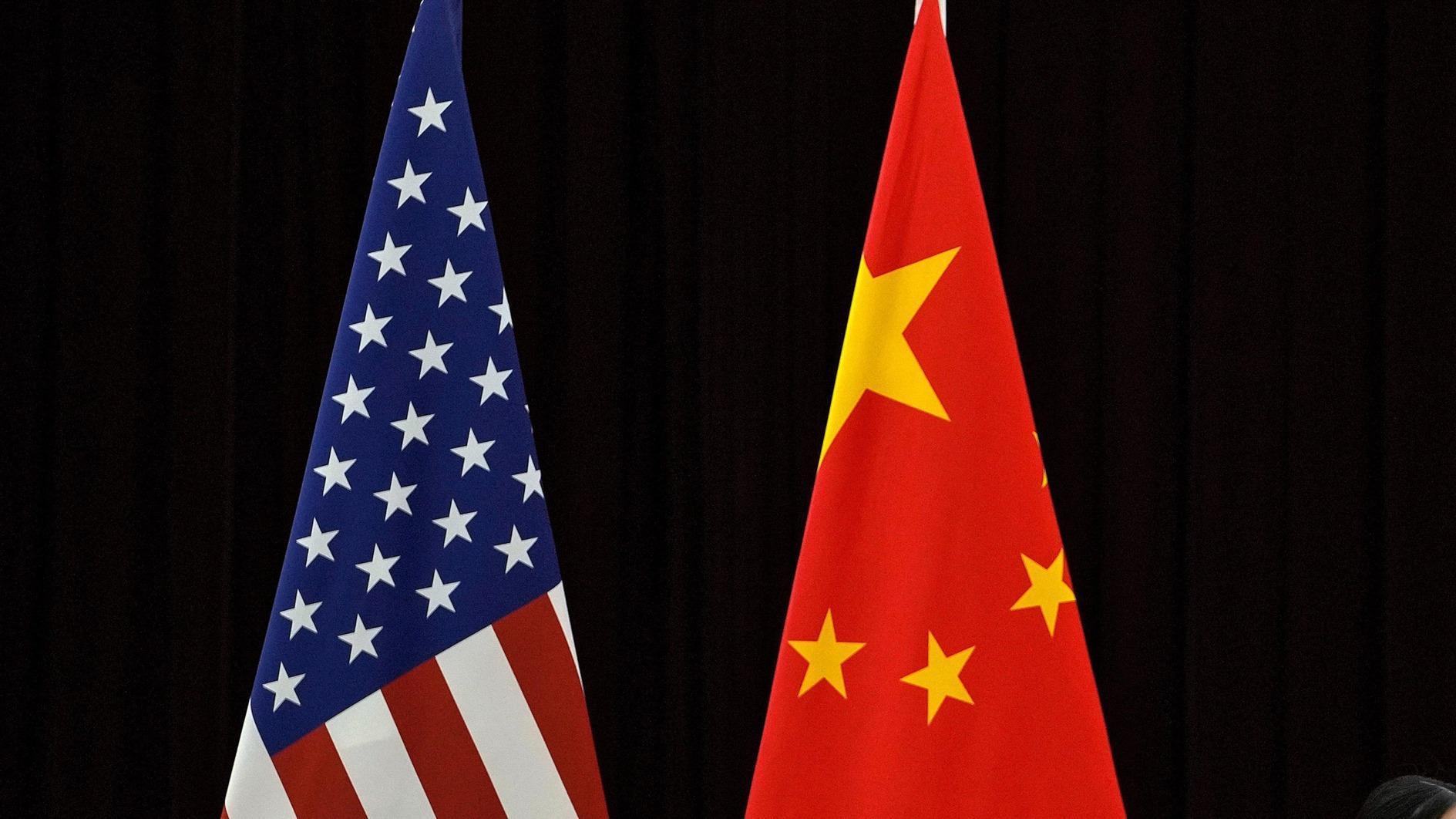Democratization: Stuck at the tip of the cone
The expectation of the Justice and Development Party (AKP) from Ahmet Davutoğlu is not to govern the country until the general elections are held in June 2015, but to come out of these elections as a strong government. If this happens, it will mean Turkey will be ruled – uninterrupted and without any elections – by the AKP until 2019.
I don’t know whether there are any politicians in any other countries who constantly complain about elections taking place all the time, one after the other, but until 2019 they won’t be able to use this argument.
Turkey is not a problem free country; in fact we have several serious problems we are waiting to solve. These problems are tied to each other; leaving one unsolved affects the other negatively; putting them on a tract to solve one or few of them facilitates the solution of other problems.
We want to make people in our country happier and wealthier and we can secure that through economic development. If the first condition in order to succeed in economic development is to be better educated, the second condition is for us to be free, while the third condition is for all of us to have legal security.
In other words, if we are to be wealthier and happier, we can only attain this with a democratic and fully functioning state of law that respects human rights.
We are at the point where we are because we have been postponing the solution to our problems, or started the solution process but left it half way. We are at the tip of a cone. What makes it difficult for us is not just the economy; it is also the Kurdish question that has been continuing for the past 30 years in a bloody way. This question has pushed us into a corner where democratization cannot be postponed or delayed.
Today, the most important problem confronting Turkey, if not the only one, is the implementation of the European Convention on Human Rights, which we singed in the 1950s, to allow for the separation of powers over the legitimate foundations and to establish a state of law. Democratization is the totality of all this.
In fact, all of these “problems” are actually tied to each other.
The government sought to solve these problems one by one via the “Alevi, Roma and Kurdish openings,” but they were not successful. In actuality there is no difference between the Alevis’ search for equality in terms of religious convictions and the Kurds’ search for equality in terms of ethnic identity.
Obviously each strata in society have several and different complaints, but in reality, to expect the solution of what we call a “problem” from the “father state” at the top is itself a “problem.”
Therefore, instead of trying to solve all these problems one by one, we need to find the “root cause” of all the problems. The state’s pressure, its biased attitude and its tendency to exclude others is just one of the root causes. The lack of separation of powers that has been eliminated since it was seen as an impediment tool is another root cause.
The lack of a justice system, which has a balancing and monitoring mechanism within itself based on democratic legitimacy, at the service of the state and positive law and not a specific ideology or identity, is another root cause.
President-elect Recep Tayyip Erdoğan, Prime Minister Ahmet Davutoğlu and the AKP might not do what I have been writing. They might simply say: “Everyone, in each stage of the state, has been elected by the people’s vote; being elected by this system shows democracy is present in the country.”
This would only mean to take the state from the service of one ideology to put it under the service of another ideology, rather than transforming the state. In other words it won’t change anything.











